Your smartphone is a marvel of modern technology, but have you ever considered its environmental impact? Here are 20 surprising ways your device might be affecting the planet.
1. Mining for Rare Earth Metals
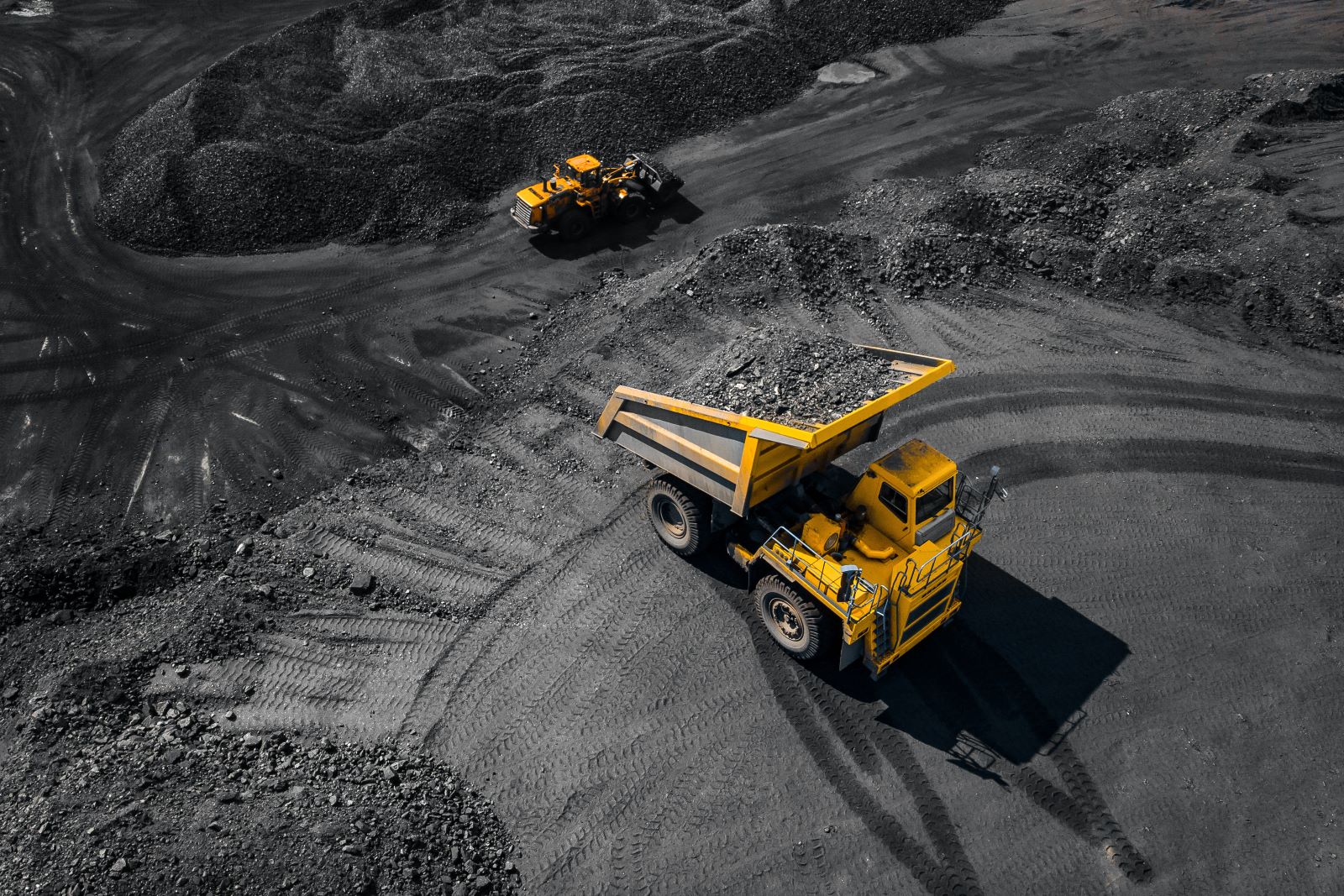
Smartphones require rare earth metals, which are mined in environmentally destructive ways. This process often leads to deforestation and soil erosion.
2. E-Waste Pollution
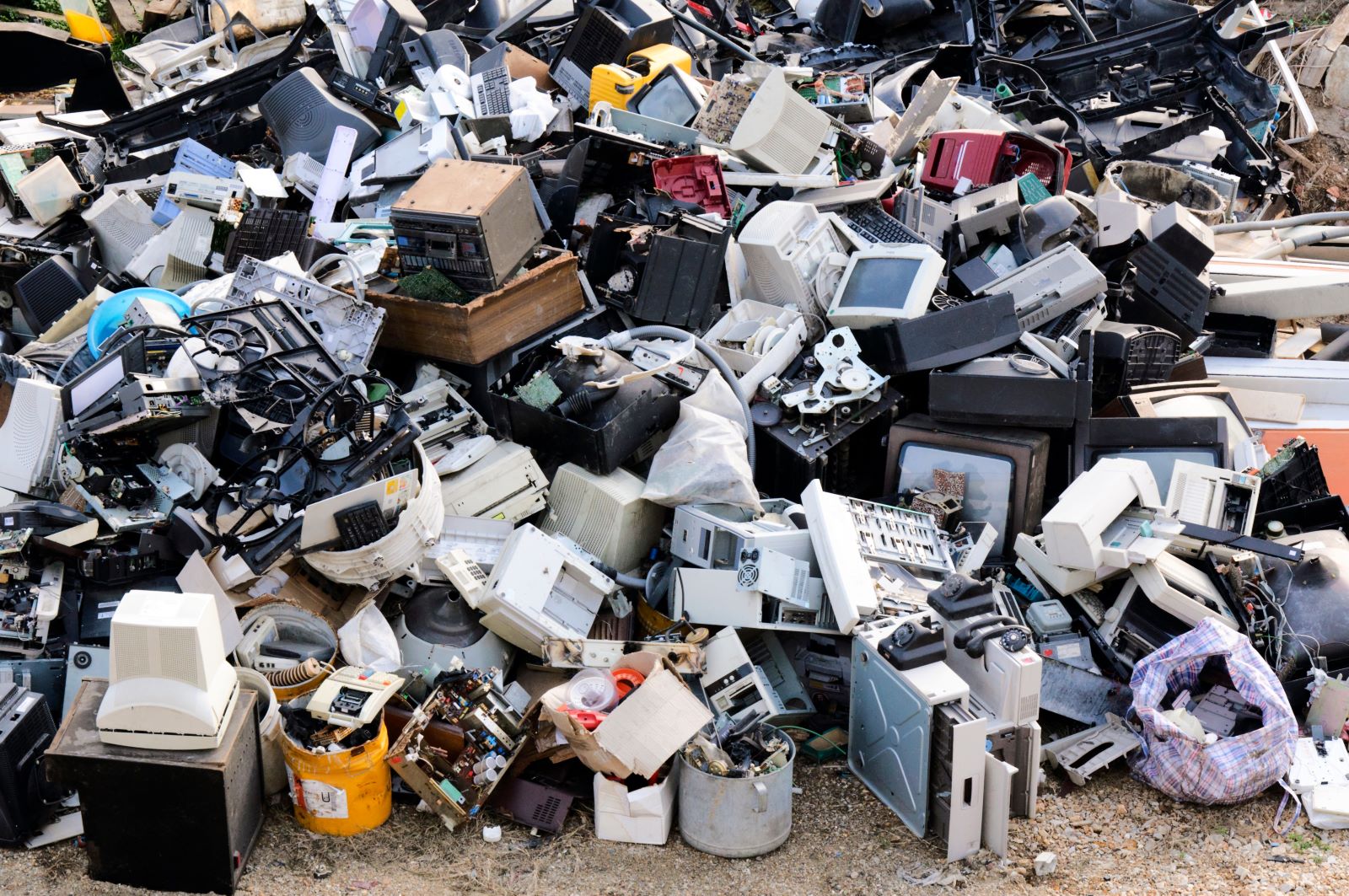
Old smartphones frequently end up in landfills, creating massive e-waste. These devices leak harmful chemicals into the soil and water, polluting the environment.
3. Energy Consumption

The energy used to charge billions of smartphones daily adds up. Most of this energy comes from fossil fuels, contributing to carbon emissions and climate change.
4. Manufacturing Emissions
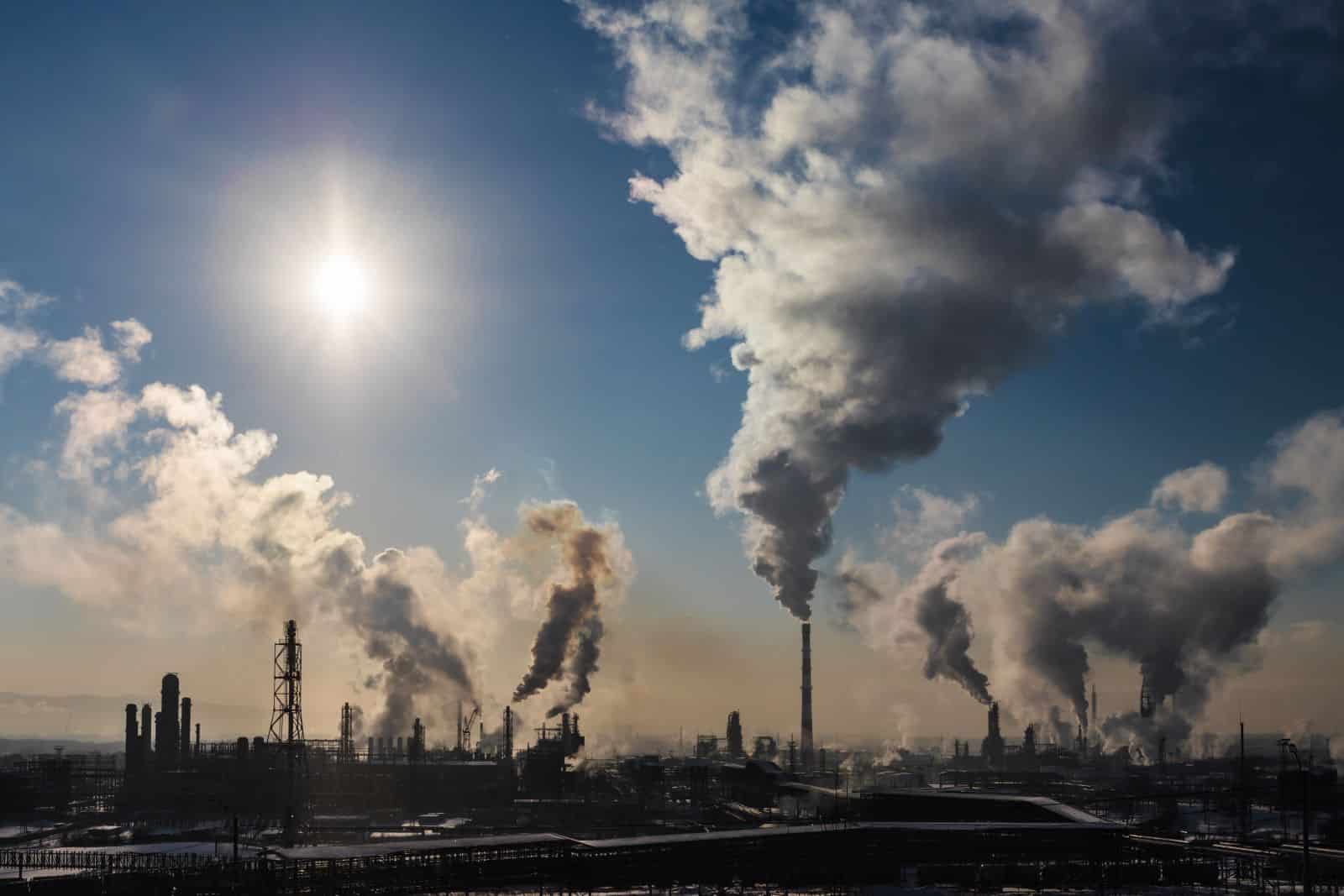
Producing smartphones releases significant amounts of CO2. The factories that manufacture them are often powered by coal and other non-renewable energy sources.
5. Water Usage

Smartphone production is water-intensive. Large amounts of water are needed to manufacture components and cool down machinery, straining local water supplies.
6. Plastic Waste

Smartphones contain plastic parts that do not decompose. This plastic waste can end up in oceans, harming marine life.
7. Short Lifespan

The short lifespan of smartphones encourages frequent replacements. This cycle of constant upgrading leads to more waste and environmental degradation.
8. Air Pollution
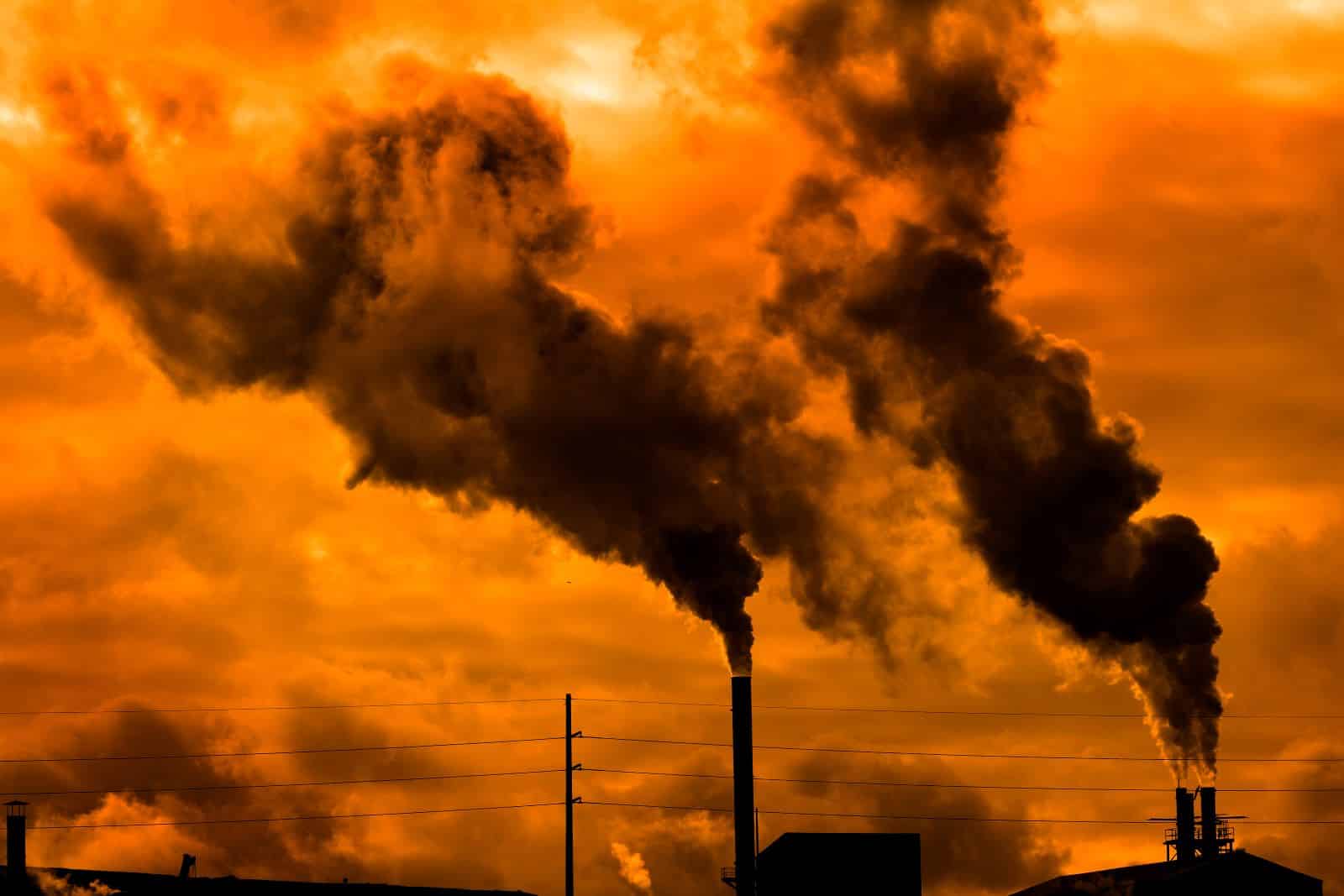
Manufacturing and disposing of smartphones contribute to air pollution. Factories emit toxic gases, and burning e-waste releases harmful pollutants into the air.
9. Deforestation

Mining for materials used in smartphones often leads to deforestation. This destruction of forests affects biodiversity and contributes to climate change.
10. Heavy Metal Contamination
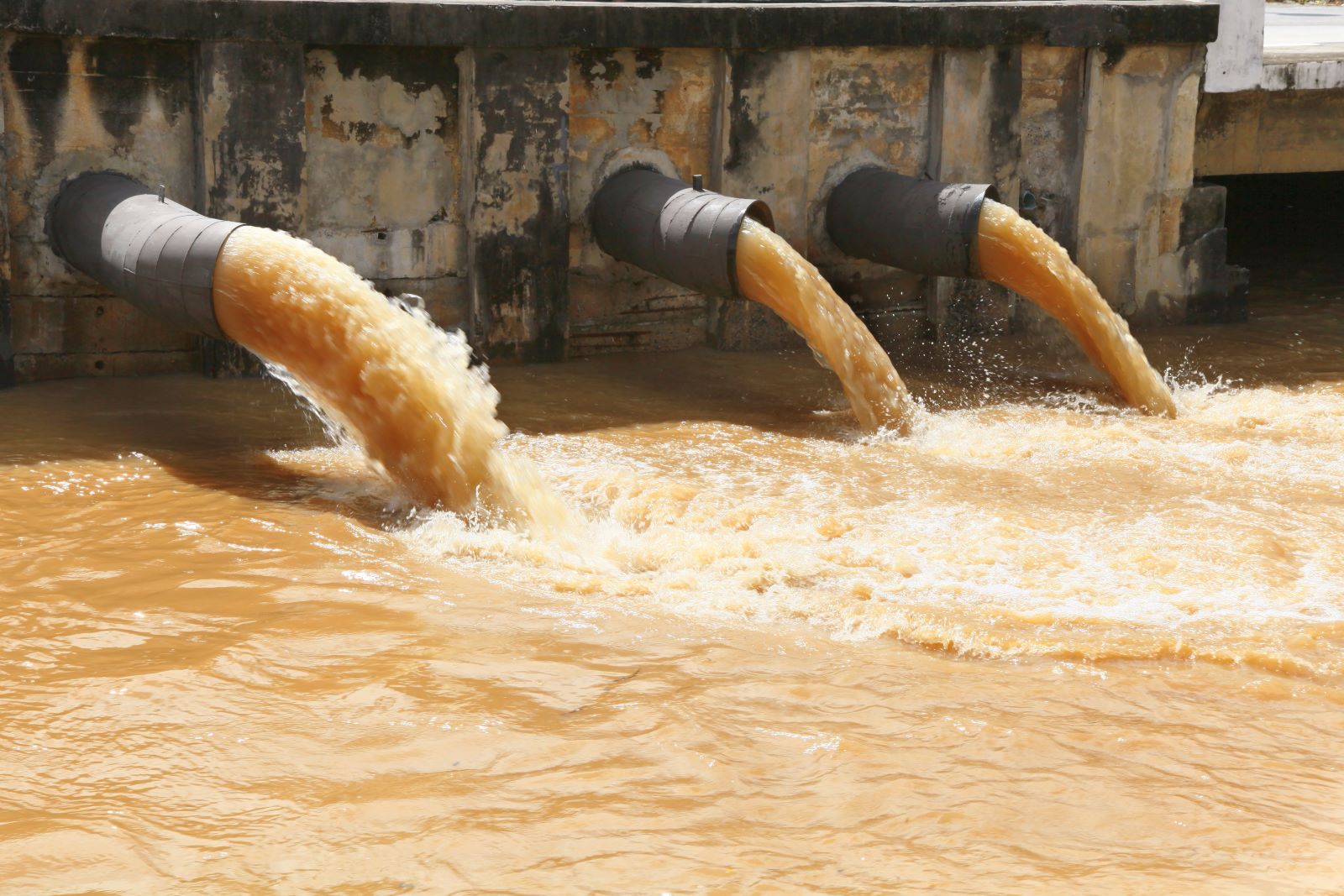
Smartphones contain heavy metals like lead and mercury. Improper disposal of phones can lead to these metals contaminating soil and water sources.
11. Resource Depletion
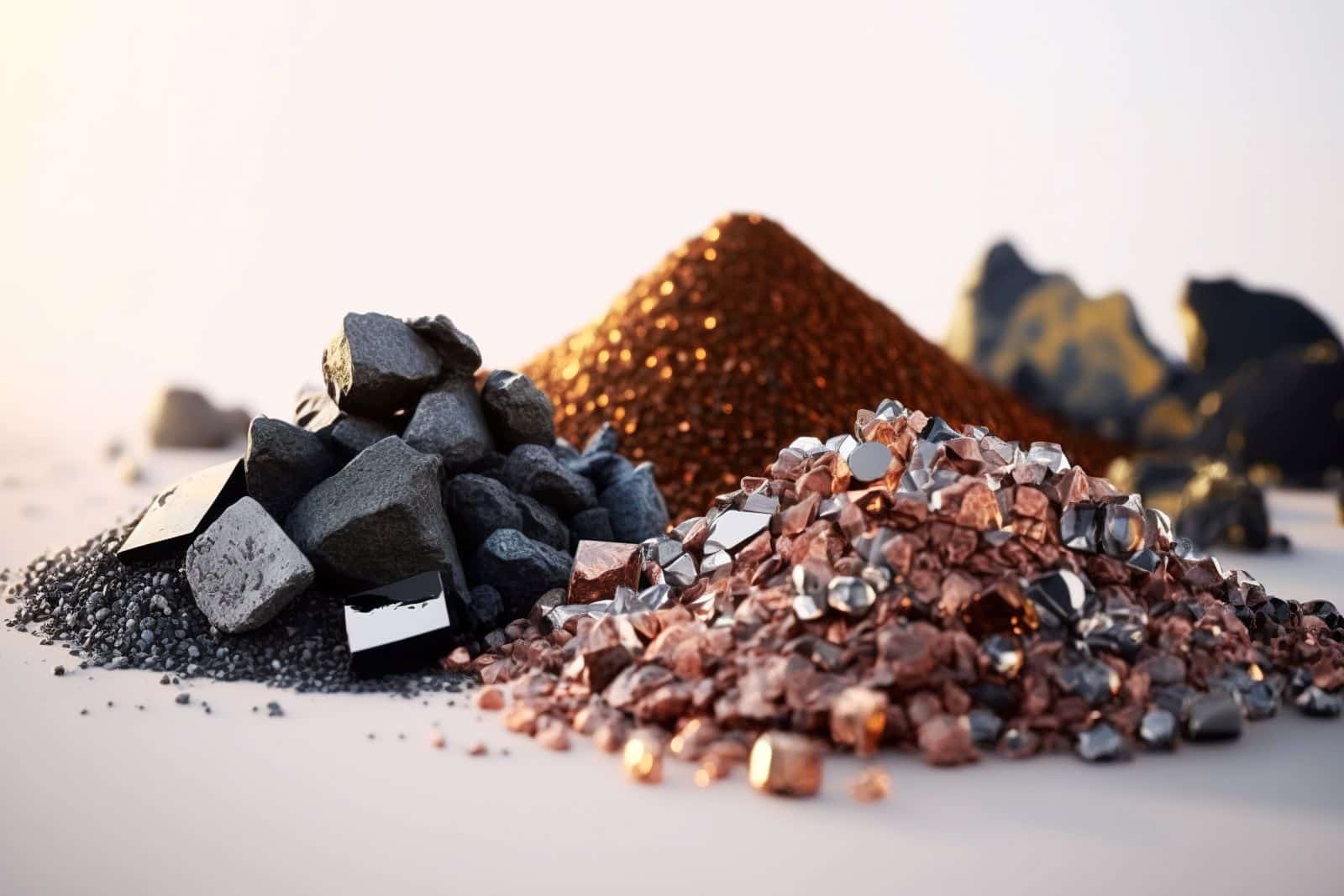
The demand for smartphones drives the depletion of natural resources. This unsustainable extraction harms ecosystems and depletes finite resources.
12. Radiation Emissions

Smartphones emit low levels of radiation. While the health impacts are still debated, there’s concern about the long-term environmental effects of widespread radiation exposure.
13. Recycling Challenges
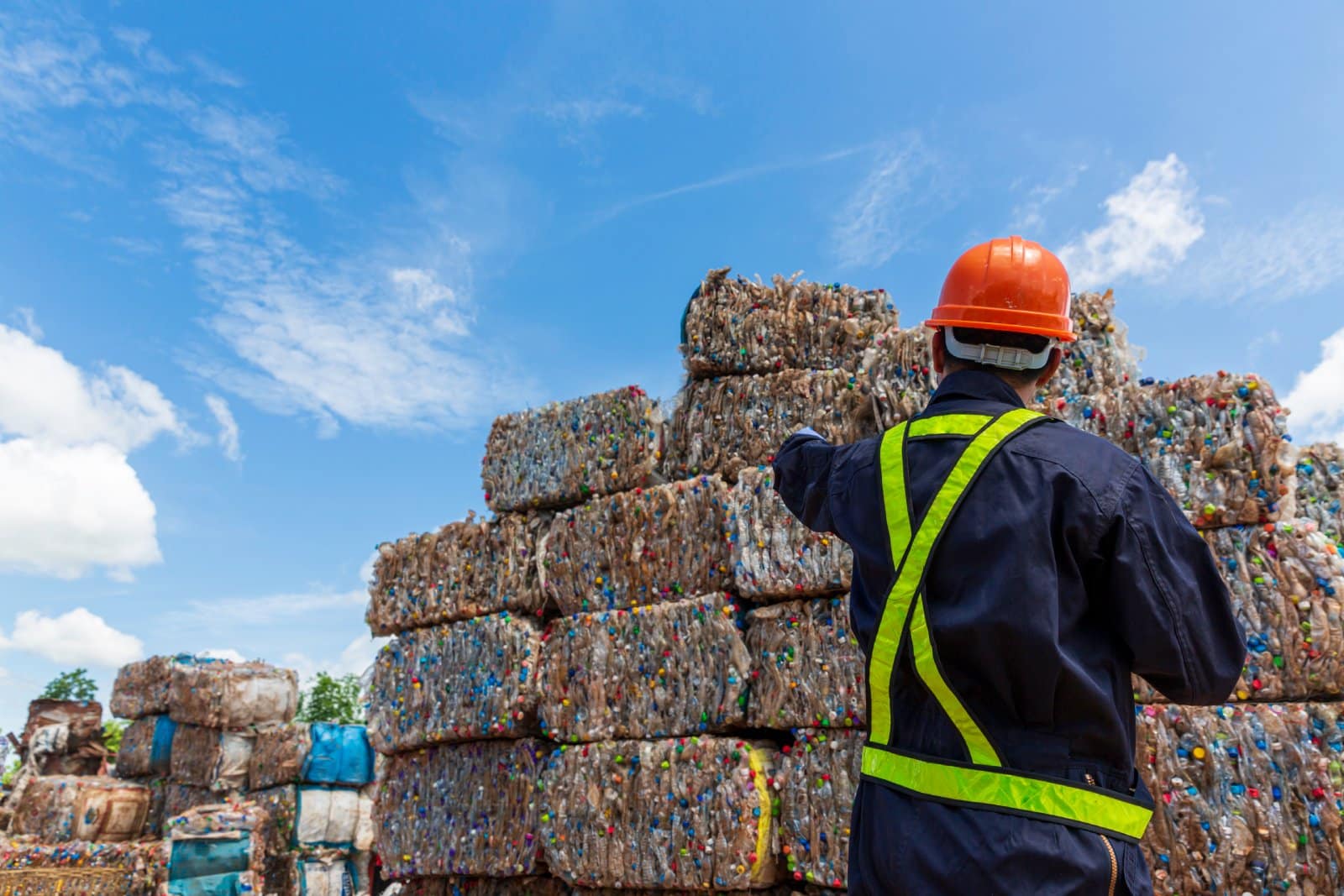
Recycling smartphones is complicated and not always efficient. Many parts are hard to recover, leading to more waste and less material reuse.
14. Worker Exploitation
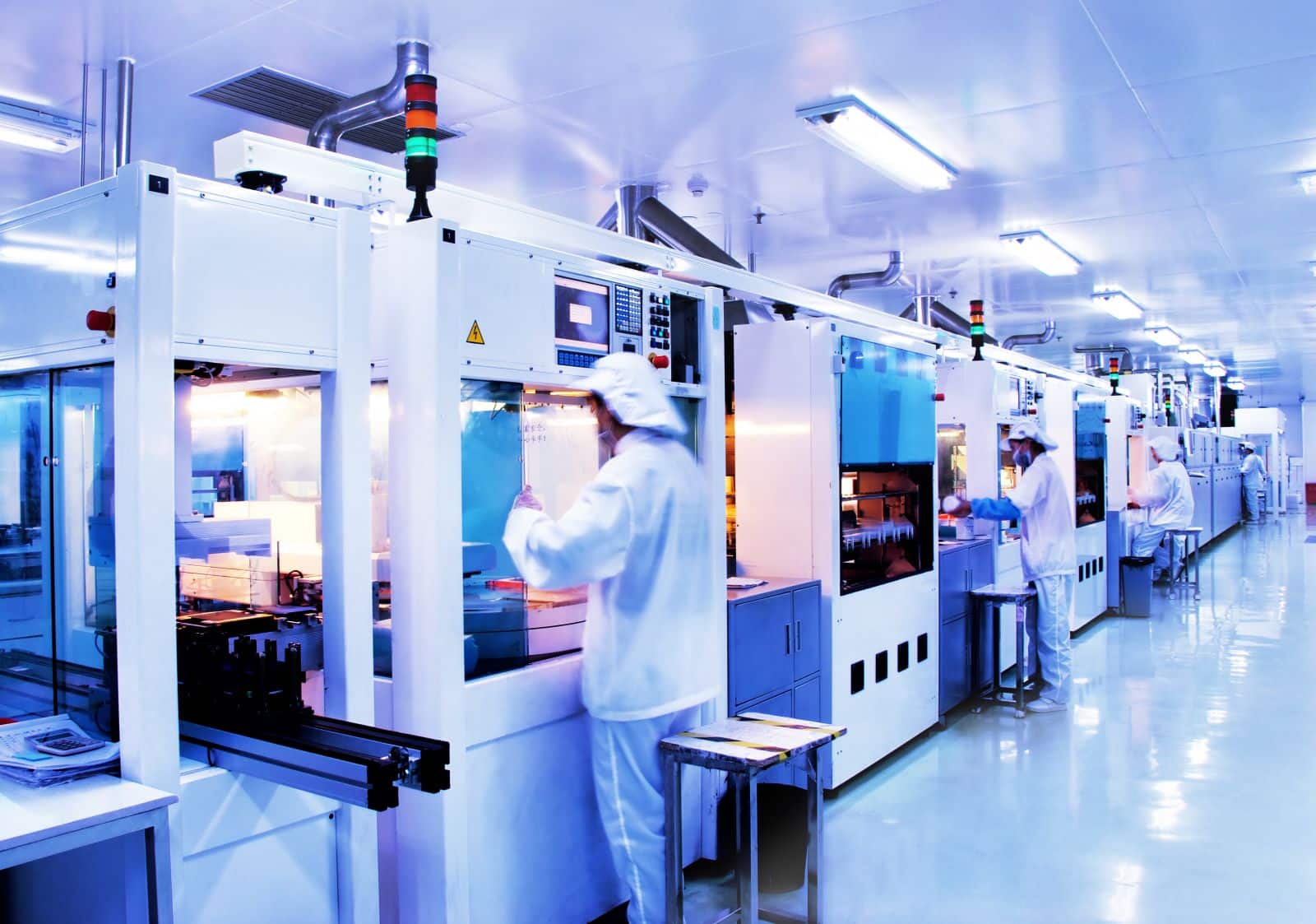
The smartphone industry often exploits workers in developing countries. Poor working conditions and low wages are common, contributing to social and environmental injustice.
15. Packaging Waste

The packaging for smartphones generates significant waste. The plastic, paper, and other materials used often end up in landfills.
16. Battery Disposal

Smartphone batteries contain toxic chemicals. Improper disposal can lead to these chemicals leaching into the environment, causing harm.
17. Transport Emissions

Shipping smartphones around the world generates carbon emissions. The transportation process adds to the overall environmental footprint of these devices.
18. Software Updates

Frequent software updates can render older phones obsolete. This planned obsolescence forces consumers to buy new phones more often, increasing waste.
19. Data Centers

The data centers that support smartphone apps and services consume vast amounts of energy. These centers often rely on non-renewable energy sources, contributing to carbon emissions.
20. Global Demand

The global demand for smartphones drives unsustainable practices. The race to produce and sell more phones exacerbates many of the environmental issues listed above.
Think Before You Upgrade

Smartphones are indispensable, but their environmental impact is significant. Before you upgrade, consider the hidden costs to our planet and think about sustainable alternatives.
Remote No More: 19 Companies Returning to the Office

As the pandemic wanes, companies are recalling remote workers back to the office, sparking debates on fairness, costs, and convenience. However, there are also notable productivity, coworking, and mental health benefits to consider. Feeling the effects of these changes? Remote No More: 19 Companies Returning to the Office
8 Costco Must Buys and 8 to Leave Behind

Ever wandered Costco’s aisles, questioning if that giant jar of pickles is a real bargain? Or debated buying tires where you get your rotisserie chicken? Welcome to the definitive guide to Costco shopping—a journey to save money, prevent regrets, and offer quirky insights into bulk buying. 8 Costco Must Buys and 8 to Leave Behind
23 Reasons Texas Is the Next Big Thing

Texas is becoming a beacon of opportunity, blending cultural heritage with economic growth. From its landscapes to its industries, the Lone Star State offers a dynamic lifestyle. Here are 23 reasons why Texas stands out, attracting entrepreneurs, artists, tech professionals, and families seeking new beginnings. 23 Reasons Texas Is the Next Big Thing
15 Top Sites to Sell Your Unwanted Goods Besides Craigslist

Selling your unwanted items can declutter your space and boost your income. While Craigslist is popular, there are many alternatives with unique features and wider audiences. Explore these 15 Craigslist alternatives for selling everything from furniture to electronics, finding the perfect platform to turn clutter into cash. 15 Top Sites to Sell Your Unwanted Goods Besides Craigslist
Work from Anywhere: 19 Companies Still Supporting Remote Work

Tired of commuting and craving work flexibility? You’re not alone. Many companies now offer remote work, benefiting both employees and employers. Ever wondered how this shift could enhance your work-life balance? Work from Anywhere: 19 Companies Still Supporting Remote Work
The post – 20 Unexpected Ways Your Smartphone is Impacting the Environment – first appeared on Career Step Up.
Featured Image Credit: Shutterstock / View Apart.
The content of this article is for informational purposes only and does not constitute or replace professional financial advice.
For transparency, this content was partly developed with AI assistance and carefully curated by an experienced editor to be informative and ensure accuracy.

